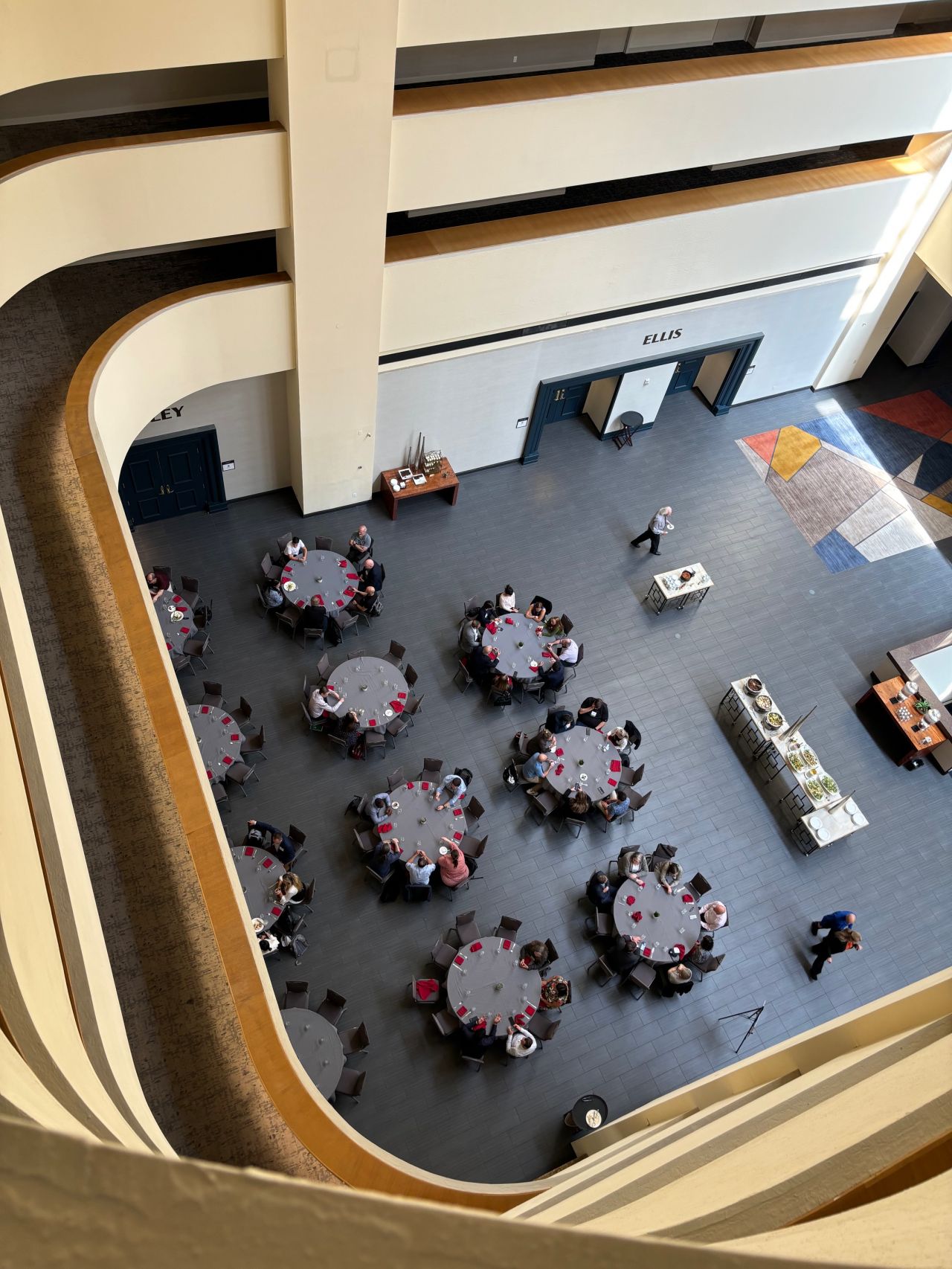
The U.S. Patent and Trademark Office (USPTO) recently announced that it will be terminating the After Final Consideration Pilot Program 2.0 (AFCP 2.0). This decision follows public feedback expressing hesitancy toward the proposed fee for participation in the program. Consequently, the program will end on December 15, 2024, with the Office no longer accepting requests after December 14, 2024.
As some background, AFCP 2.0 was introduced as a means of fostering better communication between the USPTO and patent applicants while streamlining the patent prosecution process. It allowed patent examiners extra time, at no cost to applicants, to review and consider responses following a final rejection. This time could also be used to schedule and conduct interviews with applicants if their response did not place the application in condition for allowance.
As AFCP 2.0 nears its expiration, it is essential to consider its potential impact on patent applicants and the broader patent prosecution process, which includes the following considerations:
- Increased Formality After Final Rejection: Without the additional review time provided by AFCP 2.0, patent applicants may encounter a more formalized and potentially rigid prosecution process after a final rejection. This could lead to a rise in Requests for Continued Examination (RCE) filings, which would increase both the time and cost of the prosecution process.
- More Strategic Responses Required: In the absence of the additional review time under AFCP 2.0, applicants may need to adopt more strategic approaches when responding to non-final rejections. This could involve introducing additional claim amendments or arguments earlier in the process to reduce final rejections.
- Potential Backlog Increase: A rise in RCE filings could contribute to an existing backlog of patent applications at the USPTO, further delaying the processing time for applicants seeking patent protection for their innovations.
The expiration of AFCP 2.0 signals a subtle shift in the patent prosecution process, particularly when dealing with final rejections. Applicant may wish to re-evaluate their prosecution processes before the program closes at the end of day on December 14, 2024.

